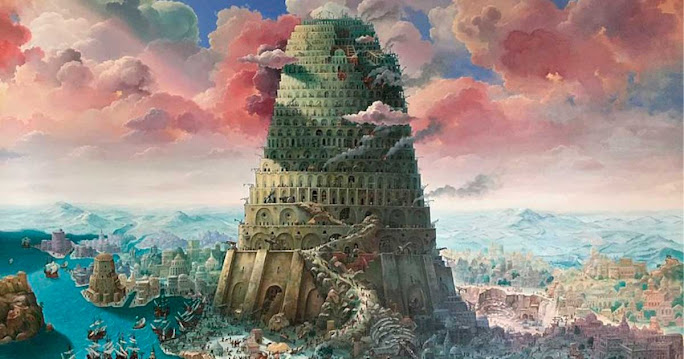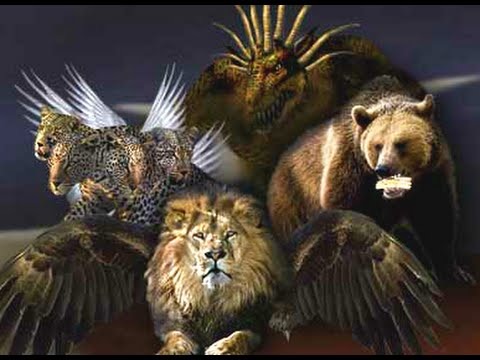Thoughts on "Supernatural" by Michael S Heiser - Chapters 1 & 2
I'm just starting to read this highly recommended book. I'm curious to see all points of view on the end times and the unseen realm. I plan to put down my thoughts as I read - a reading journal of sorts.
If you're reading this, you may see me come up with erroneous ideas and strange conjecture. This is just my grappling with a complicated topic. Thoroughly understanding what's going on in the spiritual realms isn't a requirement for salvation. Salvation is only obtained by accepting the fact that we aren't perfect and can't be perfect under our own steam. We need the gift of salvation that Jesus bought for us by sacrificing his own life and taking the penalty of all our sins with him during his crucifixion. Accepting Jesus' gift of salvation and his grace is the only way and the only thing we need to do to have eternal life. However, if we genuinely believe in this and have accept Christ, it follows that we will want to get to know the Father, Son, and Holy Spirit better so we can be more like Christ. Grappling with Christian concepts and ideas is one way to try to get to know our Creator better.
Chapter 1 - Believing the Bible
I can tell by the first few pages that I'm going to like this book. I remember long ago I had a student who stated that he didn't believe in God, but he did believe in angels. I think a lot of people are fascinated with angels and "heavenly hosts," but are often discouraged to look at them as mentioned in the Bible. The argument is often that focus should be on Christ and what he did for us and God the Father and his love for us, which is true, but ignoring the odd passages about the heavenly hosts and their role in the world of mankind is definitely going to cause us to miss some important information.
Chapter 2 - The Unseen Realm: God and the Gods
I think most people, me included, tend to group those in the heavenly world into four groups: the Trinity (Father, Son, and Holy Spirit), angels, Lucifer (the Devil) and demons. But Heiser points out there is also a high council (whom I have always assumed were arch angels like Michael and Gabriel) and that Cherubim are not technically angels but "are creaturely."
The term "elohim" has a completely different meaning than what I understood it to be. Heiser says it is a more general term not used only for God himself but for any disembodied member of the spiritual realm, including demons and humans who have passed away. I know that Elohim is plural, so I figured it was used in reference to the trinity, and that it was always capitalized as it applied to God (Yahweh). I guess when it's capitalized, it's referring to God himself, but in lowercase it's spiritual beings - like God and gods.
"Watchers" is another term for the gods (created sons of God, not the only begotten Son) and are members of the High Council. Daniel is my favorite book, and Chapter 4, about Nebuchadnezzar going insane, involves a decision made by the council.)
** This and the incident in 1 Samuel involving Ahab and one of the council saying he would go and "lie" to Ahab's prophets in order to lure Ahab to his death is a bit troubling. Lucifer is the god of lies, so was it him? Was the script written before the world was created? We are trapped by time, so I have a hard time getting my head around this. God is omniscient - is this because everything was planned out beforehand? We always hear about "God's plan" or something strange or seemingly not right being part of "God's plan" and that God knows what is going to happen and what decisions we are going to make and isn't surprised by anything we do, but I guess I've never pondered that too deeply. At the end of chapter 2, Heiser says that this high council has "free will" and that not everything is predetermined, but if that's so, what was the point of creating humans in the first place? I had always been taught that angels don't have free will, which is part of the motivation for creating humans. God wants to love and be loved in return, and that can't happen if the other beings don't have free will. Then you throw in the war in heaven and some of the angels (or heavenly hosts/council) choosing to rebel against God, and things get even more murky because that implies that they do have free will.
Heiser says the "angel" aka "messenger" is basically a "job description" and that angels are PART of the high council, so maybe my assumption about arch angels Michael and Gabriel wasn't that off base.
Passages read: Daniel chapter 4 & Psalms 82



Comments
Post a Comment